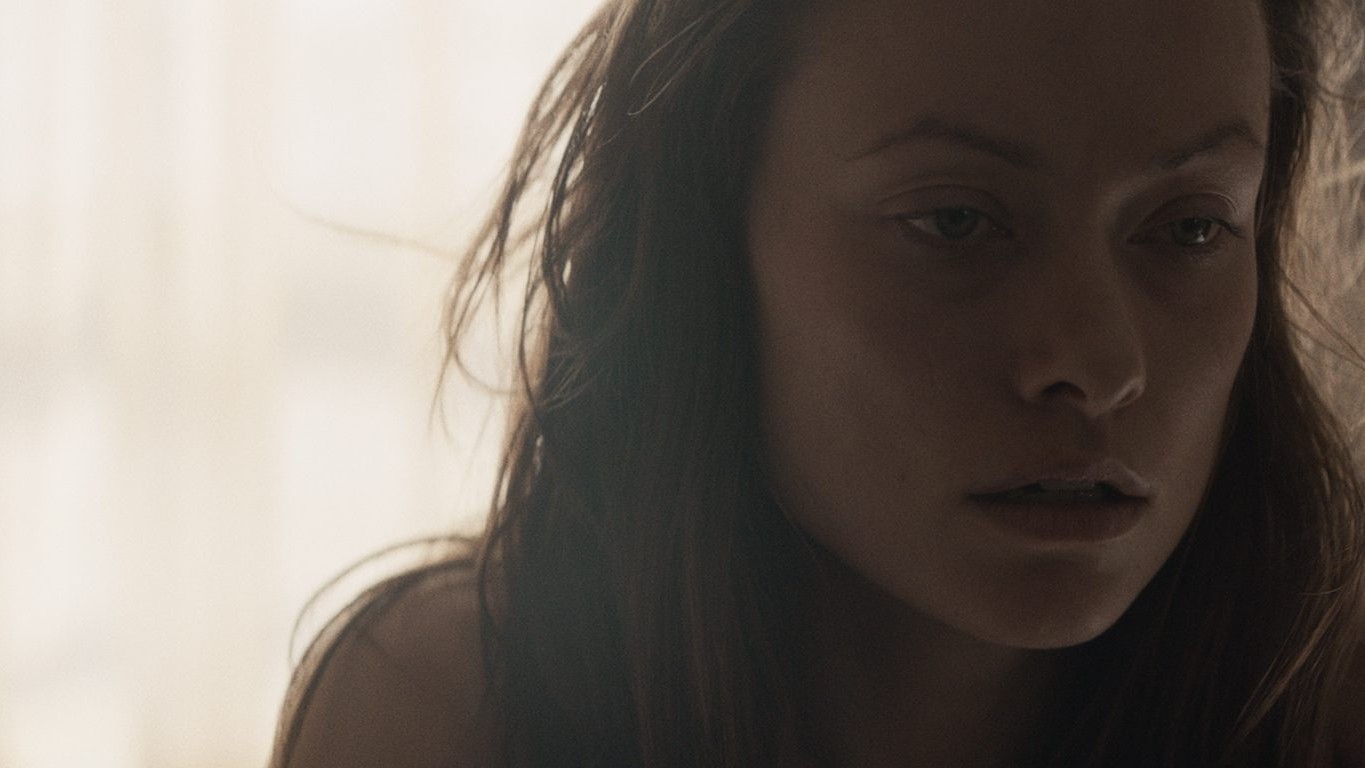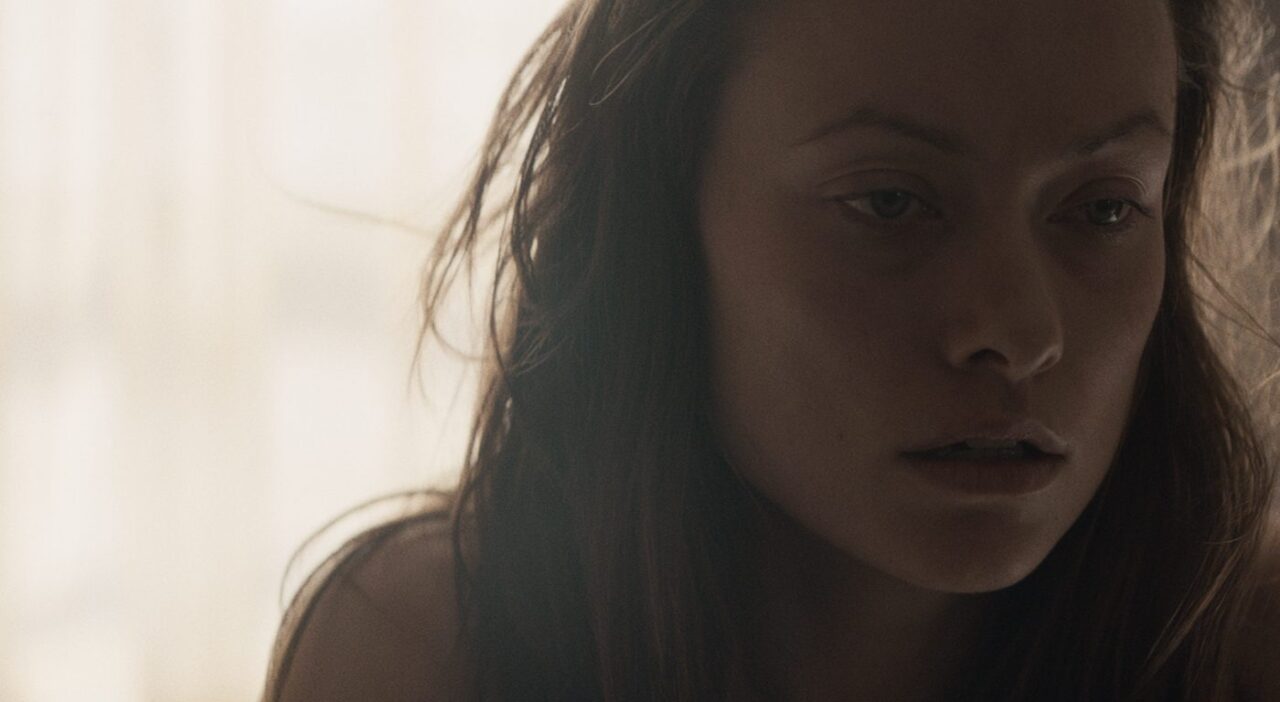Meadowland has been on the buzz list ever since its debut and nomination for “Best Narrative Feature” at the Tribeca Film Festival earlier this year. Cinematographer turned director Reed Morano tackles a heavy subject matter in her first feature film by confronting how different people cope with pain, and if they ever move past the state of unimaginable suffering.
A year after their son mysteriously disappears in a gas station bathroom on a family road trip, Sarah (Olivia Wilde) and Phil (Luke Wilson) are left to deal with the aftermath of their son’s kidnapping, trying to keep the family together and attempting to move forward. Phil, a beat cop, transitions back to work rather seamlessly. He seeks out support groups and befriends others dealing with similar problems. Sarah has a harder time coming to grips with her reality. She, a school teacher, absentmindedly sits through classes and seeks comfort in the misfits from her classroom. She lives in a fog and by abusing pills used to treat depression, she is able to temporarily forget the life in front on her.
About halfway through the film, Sarah becomes fascinated with Adam (Ty Simpkins), a young boy with Asperger’s. Her maternal instincts to care for him grow stronger as she finds out he is a foster child with neglectful parents, played by Elisabeth Moss and Kevin Corrigan. On the verge of a mental breakdown, Sarah acts without remorse and desperately does what she feels she needs to do to be the caretaker she once was.
In a style that is becoming increasingly more popular, the raw and naturalistic look that grounds the film in reality is a big part of Meadowland‘s appeal.
This story is every parent’s nightmare, yet Morano makes the world of Meadowland look like a dream. Cotton candy skies and unapologetic New York City lights make up just a handful of beautifully composed shots that give Meadowland it’s hallucinogenic quality. There is no denying that Morano is good, very good, at what she does behind the lens. In a style that is becoming increasingly more popular, the raw and naturalistic look that grounds the film in reality is a big part of Meadowland‘s appeal.
For all of the critical praise Meadowland has been receiving however, I feel among the minority by questioning it’s (as of today) 100% rotten tomatoes score. My only criticism comes from the character, Sarah- the decisions she makes throughout the course of the film seem questionable and juvenile to the point where I lost sympathy for her and began to judge her. I’m assuming this is the exact opposite of what Morano wants from the audience. While everyone reacts to pain and loss in different ways, and no way is the “right” way, it is hard to feel sorry for Sarah while she abuses pills, stalks children at her school, has aimless sex, cuts her wrists, and above all else, refuses to cooperate with police who have a lead in finding her son. While her husband attends support groups to help deal with his problems, Sarah never seeks help, and it is very obvious she needs it. Her refusal to accept or ask is frustrating.
Life is made up of fleeting moments, and Morano takes the same approach with her supporting characters whose screen time is but a passing moment. Great performances from John Leguizamo and Giovanni Ribisi round out this already A-list cast. For a first time director, Morano has transitioned gracefully and proves that her years of on-set experience as a cinematographer have successfully prepared her for the big screen. She knows how to capture a scene, yet more emphasis on character development and making them sympathetic would have further propelled Meadowland‘s success. In any case, it’s a solid debut.
Meadowland opens at Sundance Cinemas and the Laemmle Playhouse 7 this Friday, On-demand October 23rd.
Morgan Rojas
Certified fresh. For disclosure purposes, Morgan currently runs PR at PRETTYBIRD and Ventureland.



How can you not feel bad for her? If you have ever been through such pain, it is easy to empathize with what she is going through.